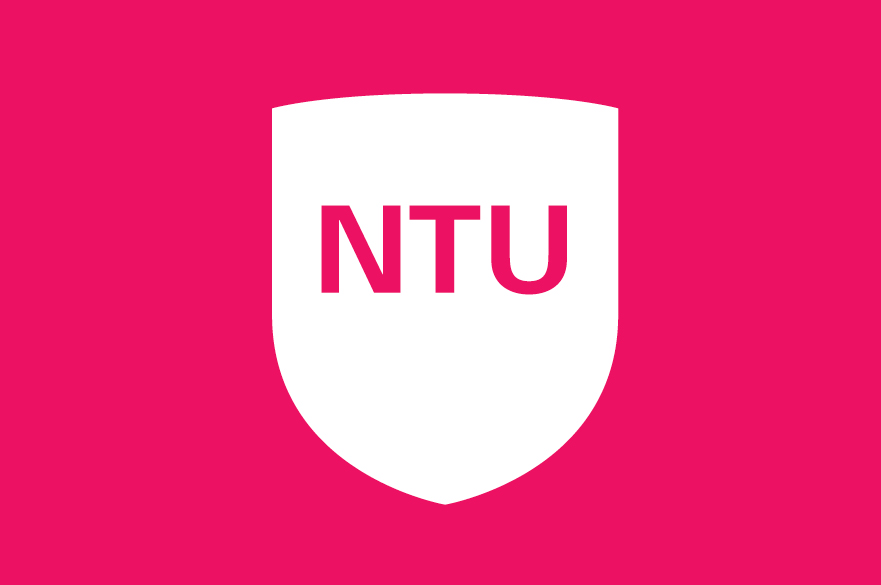Overview
Tourism is a critical driver of global economic growth, contributing over 10% of global GDP (World Tourism Organisation, 2021). Social media has revolutionised how tourists plan trips and share experiences, generating rich user-generated content (UGC) that offers invaluable insights into consumer behaviour, destination management, and marketing strategies. However, the unstructured nature of UGC, its variability across platforms, and the interplay of emotional and cognitive factors in tourist decision-making complicate forecasting efforts. Existing approaches often rely on single-platform data or limited proxies, such as tourist arrivals, which fail to capture the multidimensional aspects of tourism demand.
This PhD project aims to address these gaps by developing an advanced Large Language Model (LLM)-powered framework for tourism demand forecasting. This research will be grounded in Cognitive Load Theory (CLT) and Affective Intelligence Theory (AIT) to provide a comprehensive understanding of how information processing and emotions shape tourist behaviour. By integrating cognitive and affective models, the study seeks to enhance our understanding of tourists' decision-making processes and improve the robustness of forecasting models in handling external disruptions such as economic instability or pandemics. Specifically, the study will:
*Develop a multi-platform data integration pipeline to extract and analyse UGC from platforms such as Twitter, Instagram, and TripAdvisor, capturing diverse perspectives on tourist behaviour.
*Utilise LLMs, such as GPT, to enhance topic modelling and sentiment analysis, addressing subjectivity and uncovering nuanced emotional and cognitive dimensions in UGC.
*Build a predictive framework that incorporates external disruptions while modelling key affective and cognitive factors influencing tourist decision-making.
*Validate the framework across diverse destinations, ensuring robustness and generalisability.
The PhD candidate aims to become a leading scholar and practitioner in tourism demand forecasting by contributing impactful research that advances both academic understanding and real-world applications. Through this project, the candidate will develop interdisciplinary expertise in data integration, machine learning, and the application of cognitive and affective theories to tourism studies. They will gain proficiency in handling multimodal data, implementing advanced analytical techniques, and designing predictive models that account for complex human behaviours and external factors. This comprehensive skill set will equip the candidate to address contemporary challenges in tourism demand forecasting and contribute to the development of resilient and adaptive strategies within the industry.
Nottingham Business School is triple crown accredited with EQUIS, AACSB and AMBA – the highest international benchmarks for business education. It has also been ranked by the Financial Times for its Executive Education programmes in 2023 and 2024. NBS is one of only 47 global business schools recognised as a PRME Champion, and held up as an exemplar by the United Nations of Principles of Responsible Management Education (PRME).
Its purpose is to provide research and education that combines academic excellence with positive impact on people, business and society. As a world leader in experiential learning and personalisation, joining NBS as a researcher is an opportunity to achieve your potential.
Applications for October 2025 intake closes on 1st July 2025 and applications for Jan 2026 intake closes on 1st October 2025.
Suggested Reading:
Song, H., Qiu, R. T., & Park, J. (2019). A review of research on tourism demand forecasting: Launching the Annals of Tourism Research Curated Collection on tourism demand forecasting. Annals of tourism research, 75, 338-362.
Song, H., & Li, G. (2008). Tourism demand modelling and forecasting—A review of recent research. Tourism management, 29(2), 203-220.
Xiang, Z., & Gretzel, U. (2010). Role of social media in online travel information search. Tourism management, 31(2), 179-188.
Staff profiles
Entry qualifications
*A strong academic background in data science, marketing analytics or economics with a focus on quantitative analysis
*Proficiency in qualitative and quantitative research methods and relevant analysis.
*Basic proficiency in programming or a willingness to learn languages like Python or R.
*Demonstrated ability to conduct independent research, including literature reviews, problem identification, and methodological application.
*Excellent analytical and critical thinking skills.
UK: Successful applicants for the PhD in Nottingham Business School normally hold a first or upper second-class honours degree from a UK university or an equivalent qualification. Candidates with a lower second-class degree may apply if they hold a Master’s degree at Merit level or higher.
International: Successful applicants for the PhD in Nottingham Business School normally hold a first or upper second-class honours degree from a UK university or an equivalent qualification.
International students will also need to meet the English language requirements - IELTS 6.5 (with minimum sub-scores of 6.0). Applicants who have taken a higher degree at a UK university are normally exempt from the English language requirements. Applicants who do not meet the English language proficiency requirement will normally be asked to complete an English Language course.
How to apply
Applications for October 2025 intake closes on 1st July 2025 and applications for Jan 2026 intake closes on 1st October 2025.
Please visit our how to apply page for a step-by-step guide and make an application.
Fees and funding
This is a self-funded PhD project for UK and International applicants.
Guidance and support
For more information about the NBS PhD Programme, including entry requirements and application process, please visit: https://www.ntu.ac.uk/course/nottingham-business-school/res/this-year/research-degrees-in-business
Nottingham Business School is triple crown accredited with EQUIS, AACSB and AMBA – the highest international benchmarks for business education. It has also been ranked by the Financial Times for its Executive Education programmes in 2023 and 2024. NBS is one of only 47 global business schools recognised as a PRME Champion, and held up as an exemplar by the United Nations of Principles of Responsible Management Education (PRME).
Its purpose is to provide research and education that combines academic excellence with positive impact on people, business and society. As a world leader in experiential learning and personalisation, joining NBS as a researcher is an opportunity to achieve your potential.
